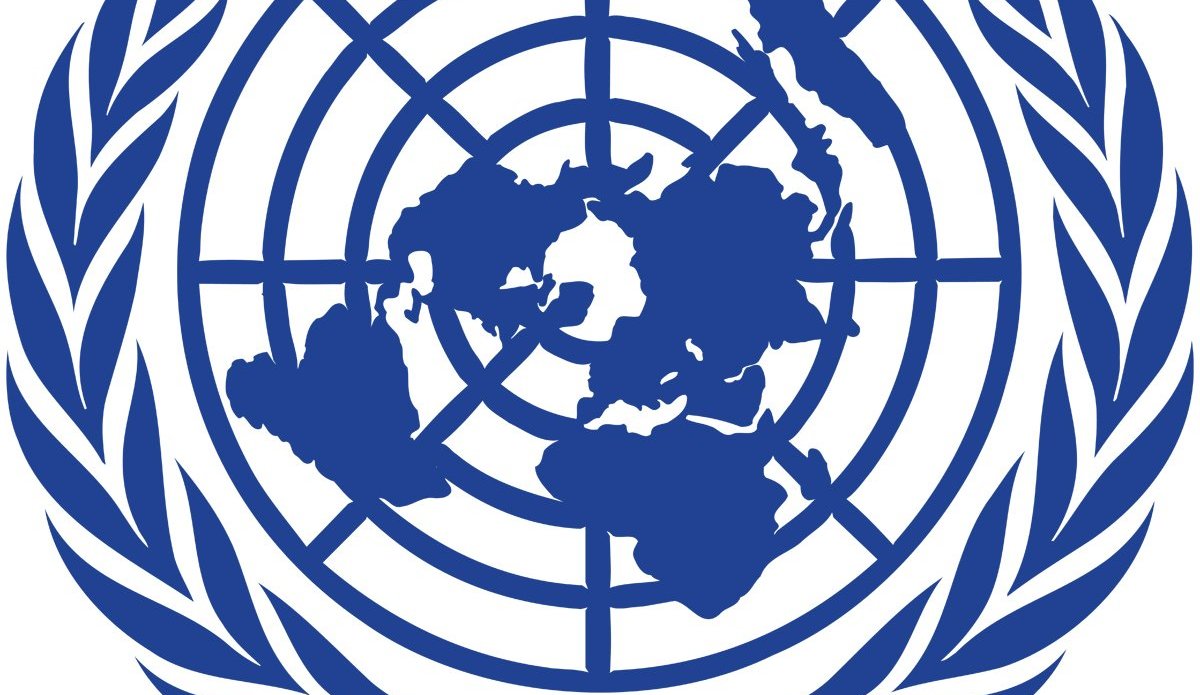UNAMA releases report on treatment of conflict-related detainees in Afghan custody
KABUL - In a report released today, UNAMA found that despite significant efforts by the Government of Afghanistan and international partners to address ill-treatment of conflict-related detainees, torture persists and remains a serious concern in numerous detention facilities across Afghanistan. UNAMA’s detention observation program is carried out further to its mandate from the United Nations Security Council to assist the Government of Afghanistan and all Afghan people to improve respect for human rights and the rule of law including in the prison sector, and in cooperation with Afghan authorities.
UNAMA’s 139-page report Treatment of Conflict-Related Detainees in Afghan Custody: One Year On is based on interviews with 635 conflict-related detainees held by the Afghan National Police, National Directorate of Security, Afghan National Army or Afghan Local Police, visits to 89 detention facilities in 30 provinces from October 2011 to October 2012, extensive interviews with multiple relevant interlocutors and on rigorous analysis, corroboration and examination of documentary and other material. The National Directorate of Security and the Ministry of Interior provided access to detention facilities and met with UNAMA over the observation period to share appropriate information, and to discuss concerns and follow up measures.
Using internationally accepted methodology, standards and best practices, UNAMA found that more than half (326) of 635 conflict-related detainees interviewed experienced ill-treatment and torture particularly in 34 facilities of the Afghan National Police (ANP) and the National Directorate of Security (NDS) between October 2011 and October 2012. Torture, as defined and prohibited under Afghan and international law, took the form of abusive interrogation techniques in which Afghan officials inflicted severe pain and suffering on detainees during interrogations aimed mainly at obtaining a confession or information. Fourteen methods of torture and ill-treatment were described similar to practices previously documented by UNAMA.
The study found that while the incidence of torture in ANP facilities increased compared to the previous period (125 of 286 ANP conflict-related detainees or 43 per cent experienced torture or ill-treatment compared with 35 per cent in the previous 12-month period), detainees interviewed in NDS custody experienced torture and ill-treatment at a rate that was lower than the previous period (178 of 514 detainees or 34 per cent, experienced torture down 12 per cent from the previous year, when 46 per cent reported torture or ill-treatment in NDS). Numerous detainees were held and ill-treated in both ANP and NDS facilities or by other Afghan authorities.
“The findings of the UNAMA report are a cause for serious concern," said Jan Kubis, the Special Representative of the Secretary-General for Afghanistan. “The Government has repeatedly confirmed its commitment to international human rights and humanitarian obligations and respective provisions of Afghan laws, and stated that ill-treatment of conflict-related detainees is not a policy of the Government or its institutions but rather acts of individuals. The Government’s attention and efforts to address these abusive practices are visible and encouraging, and have produced some positive results but the system isn’t robust enough to eliminate ill-treatment of detainees. Clearly more needs to be done to end and prevent torture.”
The Government of Afghanistan instituted a range of measures aimed at improving detention practices and responded to concerns as outlined in their detailed response annexed to UNAMA’s report which were considered in the report. As stated by NDS and the Ministry of Interior, they implemented expanded training programs on prevention of detainee ill-treatment, issued policy directives, increased inspections and reassigned personnel. In 2012, the NDS created a sub-directorate of human rights that reports to the Director of NDS and the Ministry of Interior indicated it reinforced its human rights offices within the Afghan National Police. Both institutions stated they investigated allegations of ill-treatment however it is unclear whether any of these internal investigations resulted in the prosecution or loss of jobs of Afghan officials for involvement in torturing detainees or for having failed to prevent torture.
"UNAMA found a persistent lack of accountability for perpetrators of torture with few investigations and no prosecutions for those responsible.” said Georgette Gagnon, Director of Human Rights for UNAMA. “The findings highlight that torture cannot be addressed by training, inspections and directives alone but requires sound accountability measures to stop and prevent its use. Without deterrents and disincentives to use torture, including a robust, independent investigation process, criminal prosecutions and courts’ consistent refusal to accept confessions gained through torture, Afghan officials have no incentive to stop torture.”
Over the observation period, the International Security Assistance Force (ISAF) implemented a detention facility monitoring programme to support Afghan authorities in reforming their interrogation and detainee treatment practices prior to resuming international transfers of detainees to several facilities. In October 2012, following new reports of torture at several NDS and ANP facilities including locations where ISAF had transferred detainees, ISAF suspended transfers for a second time. ISAF subsequently stopped transferring detainees to several Afghan facilities and implemented a process limiting transfer to a reduced number of Afghan facilities and increasing monitoring and accountability.
UNAMA’s findings reinforces the urgent and long-term need for reforms in the judiciary, prosecution and law enforcement sectors and offers 64 recommendations to the Government and international partners. The recommendations strengthen proposals in UNAMA’s October 2011 report which have not been fully implemented. In addition to other measures, UNAMA recommends the creation of an independent national preventive mechanism on torture described in the Optional Protocol to the Convention against Torture. Such a dedicated mechanism could be located within the Afghanistan Independent Human Rights Commission with the authority and enhanced capacity and expertise to inspect all detention facilities, conduct follow up investigations and make detailed technical recommendations on prosecution of perpetrators and remedial measures. Establishing such a mechanism would require concerted and sustained support from the Afghan Government and the international community. UNAMA continues to observe the treatment of detainees and is working closely with Afghan authorities and international partners to bring positive change.
 UN
UN






